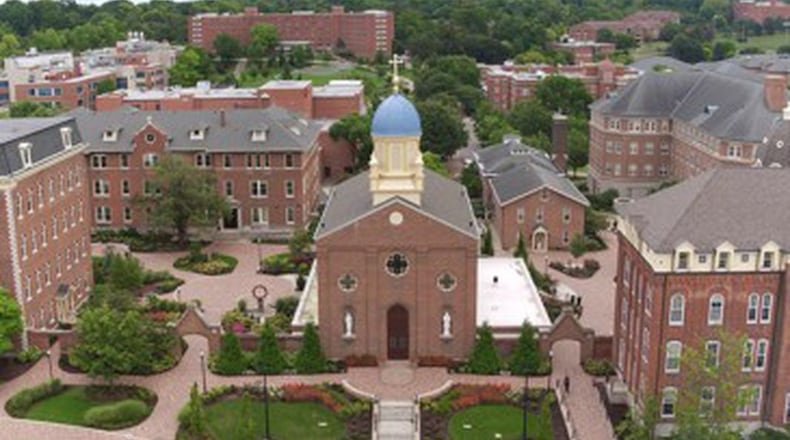“In Ohio, we are tough on crime, but we also recognize that certain mistakes shouldn’t forever haunt those who’ve paid their debt to society and have reformed their lives,” said Gov. Mike DeWine. “Although more than a dozen deserving citizens have been pardoned through this expedited process, we know that there are many other people out there who could qualify. By having more partners on board, we can reach more people who are ready for a fresh start.”
Since the Ohio Governor’s Expedited Pardon Project began, 16 applicants have been pardoned and 86 others are in varying stages of the application process, according to a media release.
UD School of Law, Cleveland State University Cleveland-Marshall College of Law and the Ohio Justice & Policy Center in partnership with University of Cincinnati College of Law are the three new partners added as part of the expansion. The Ohio Department of Rehabilitation and Correction, The Ohio State University Moritz College of Law and the University of Akron School of Law partnered with the program when it initially launched in 2019.
The expansion is possible due to $1 million in funds allotted by the state’s operating budget, according to a media release. Each partner will receive grant funding to hire additional faculty and staff to oversee the screening process for potential pardon candidates and for providing free help to those who meet the project’s guidelines.
To apply for the Ohio Governor’s Expedited Pardon Project, Ohioans must meet the following:
- Applicant must have been released from court supervision or the Ohio Department of Rehabilitation and Correction supervision at least 10 years prior
- Applicant must not have committed any additional crimes, excluding minor traffic citations, in at least 10 years
- Applicant must have made good faith efforts to meet all sentencing requirements, such as paying fines or restitution
- Applicant must have a post-offense employment history or compelling reason why they have not been employed
- Applicant must have a history of volunteering and community service
- Applicant must not have been convicted of any disqualifying offense
Participation in the program does not guarantee a pardon. Those who meet the criteria mentioned above will have an expedited hearing with the Ohio Parole Board and those impacted by the case, including victims, families, judges and prosecutors, will be able to voice objections to a potential pardon. Applicants who do not meeting the Ohio Governor’s Expedited Pardon Project’s criteria can still apply for a pardon following the traditional route.
For more information on the Ohio Governor’s Expedited Pardon Project and to apply, visit www.ohioexpeditedpardon.org.
About the Author

